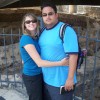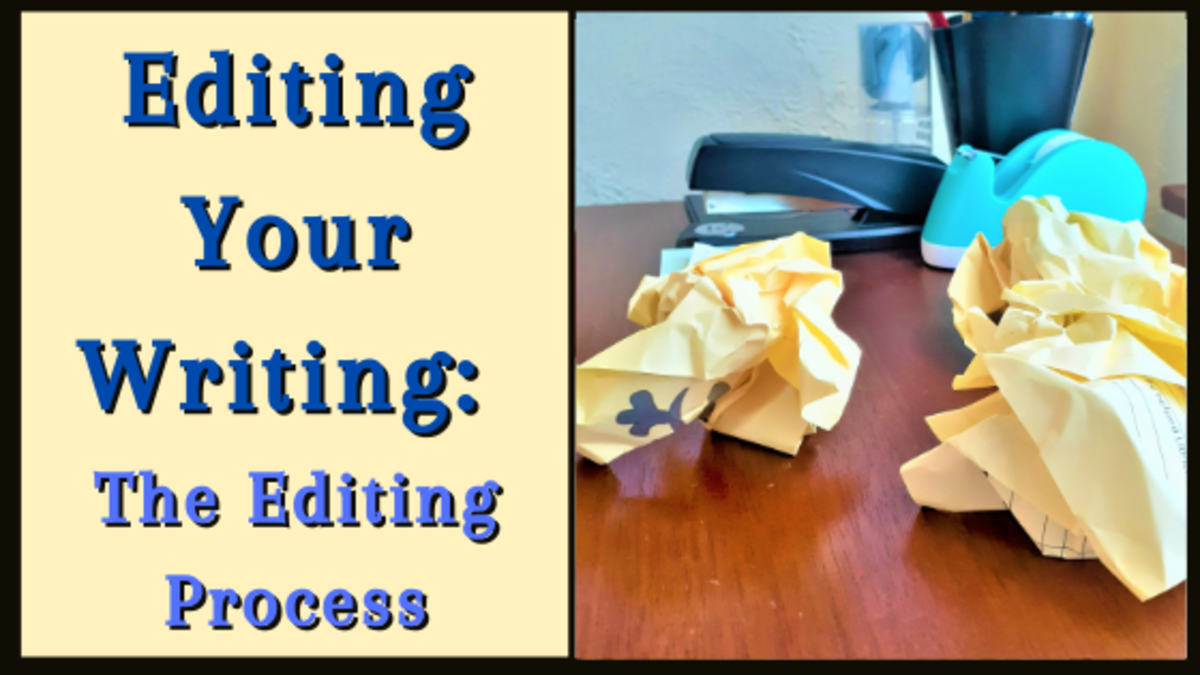How to Edit Your Own Writing
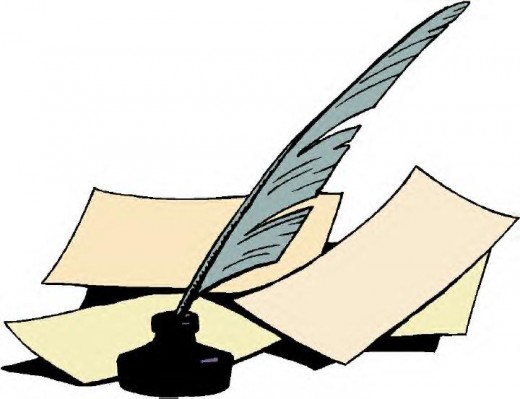
5 TIPS FOR EDITING YOUR OWN WRITING
5. DON'T.
I realize this is every editor's first bit of advice, but there is a reason this is so. It is virtually impossible to remove all bias that you have toward your own work. You are probably not a fair judge of your own word choice, syntax, or readability. You thought it, so it sounds right to you, but it may not read correctly to someone else.
Let's face it, I am guilty of this. You are guilty of this. But, unless your work begins, "Dear Diary," you are not writing for your eyes only. If others will ultimately judge your work, why not before it is published.
If You Must
4. KNOW THE RULES.
There are very few things in life you can do without first knowing the rules. Writing well is not one of them. You cannot possibly expect to write or edit without a firm grasp of the rules of grammar.
If your high school and college English classes left you unfulfilled, read Strunk & White's The Elements of Style (4th Edition). It is one of the best rulebooks out there. On the lighter side, Patricia T. O'Connor's Woe Is I: The Grammarphobe's Guide to Better English in Plain English is another useful classic.
Despite what text messaging, instant messaging, emailing, and message boarding might lead you to conclude, rules of grammar still apply. Assuming you want to be taken seriously as a writer, spelling words correctly is not optional, nor is using words correctly.
An impact is a collision, not an effect. An impact can affect you, but it is not the effect. Unless you are a budding David Foster Wallace and can artfully create three-page long sentences, you should avoid experimental writing and stick to the basics.
Links for Writers
Improve Your Writing
3. TAKE A BREAK.
Before you begin editing your work, take a break. The longer the better. Put some distance between yourself and what you wrote. If you are your only editor, it is essential that your eyes be as fresh as possible, and not only so you can stay awake reading your own work.
And by "break" I don't mean the time it takes to spin around in your chair. Go take a nap, read a book, scale a mountain, or something to get your mind off what you wrote.
2. KNOW YOUR AUDIENCE.
You can only edit effectively if you know your audience. For one audience a particular writing could be brilliant, and for another laughable. For example, the use of contractions would not be appropriate for a scholarly magazine or journal, but could be for a blog entry or hub (see "don't" above).
There is a time and place for a blue, starched, button-down and there is a time and place for untucked with rolled-up sleeves. The simplest way to know your audience is to know what other writers have written. It does take a little time and effort to research the publication or website, but it will benefit you tremendously in the end.
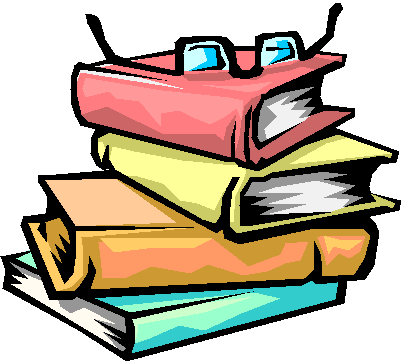
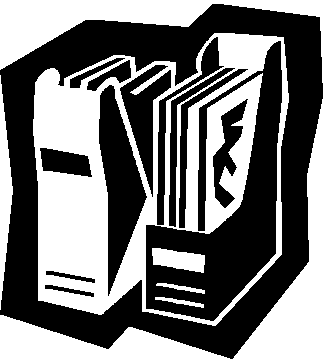
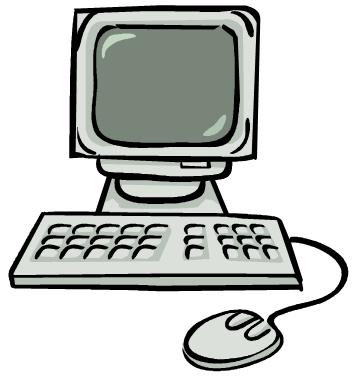
1. READ, READ, READ.
There is nothing that will make you a better writer or editor than reading. Read books, read newspapers, read magazines, read poetry, read blogs, read whatever you can get your hands on. If you like action and mystery, read historical fiction. If you like fiction, read non-fiction. If you only like women authors, read men authors. Diversify.
You will be amazed at how reading a variety of writing styles will improve your own writing. Reading will improve your use of language, it will improve your grammar, it will make you a better writer. You will also develop a more critical eye, which will help your own editing tremendously. So, the best thing you can do to help you edit your own writing(?): read someone else's.
